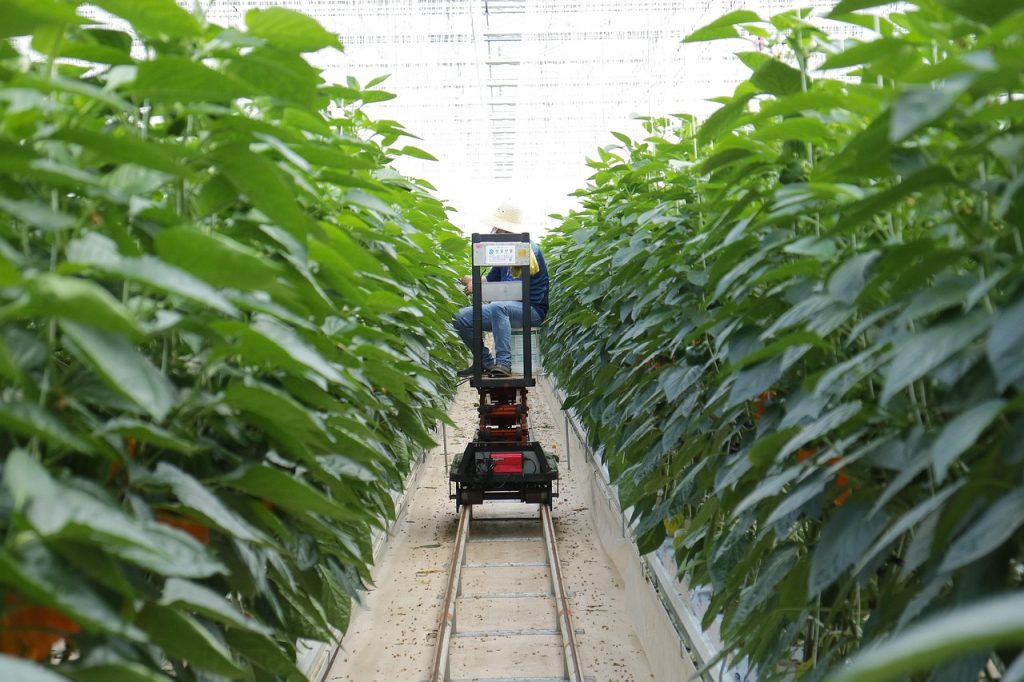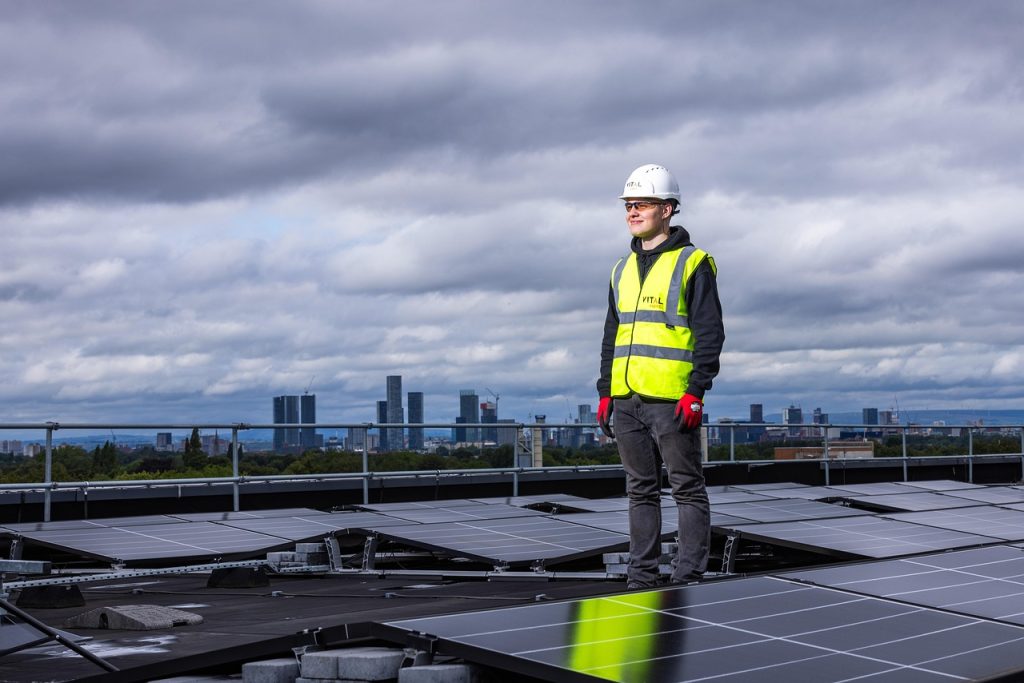Sustainable technology is no longer confined to niche markets; it’s driving a profound revolution across industries, transforming everything from manufacturing and construction to fashion and urban planning. These innovations are not just about reducing harm; they’re about creating efficiency, resilience, and entirely new ways of doing business.
The Circular Economy in Action: Waste as a Resource
At the heart of sustainable tech’s industrial revolution is the circular economy model. Moving beyond “take-make-dispose,” businesses are embracing strategies that emphasize reducing, reusing, and recycling materials. We’re seeing:
- Sustainable Packaging Materials: Innovations like protein-based coatings (from whey and soy) and advanced dissolution-based recycling for plastics are drastically cutting down on single-use waste and creating truly circular material flows. Digitalization with RFID tags and QR codes is even enabling track-and-trace systems for reusable packaging.
- Bio-fabricated Materials: The fashion industry is witnessing a shift with bio-fabricated leather and recycled fibers, leading to “full circular lines” offered by major brands. This reduces textile waste and pollution at an unprecedented scale.
- Industrial Symbiosis: Manufacturers are increasingly repurposing waste from one process as input for another, minimizing landfill contributions and creating new value streams.
Green Construction: Building a Better Future
The construction sector, a historically carbon-intensive industry, is undergoing a significant green transformation. Eco-friendly construction materials are becoming mainstream, including low-carbon concrete, recycled steel, and even hempcrete. These innovations drastically reduce embodied emissions in buildings. Furthermore, the rise of low-carbon buildings that integrate advanced insulation, LED lighting, smart HVAC systems, and on-site renewables (like solar or geothermal) are setting new benchmarks for energy efficiency and operational emissions reduction. By 2025, green buildings are projected to account for 25% of new construction projects globally.
Smart & Sustainable Cities: AI at the Urban Core
The concept of smart cities is inextricably linked with sustainability, with technology playing a pivotal role in optimizing resource use and enhancing urban living.
- AI-Powered Carbon Tracking: AI is revolutionizing how cities and companies track and reduce emissions, providing real-time insights into energy usage and environmental impact.
- Intelligent Waste Management: Smart bins that monitor fill levels and predictive analytics for optimizing collection routes are improving recycling rates and contributing to circularity.
- Water Conservation Technologies: Smart irrigation systems, greywater recycling, and AI-based leak detectors are redefining water conservation, with solar-powered desalination units providing access to safe drinking water in rural communities.
These innovations highlight a fundamental shift towards integrated, technologically-driven solutions for a more sustainable and resilient future across all industries.


